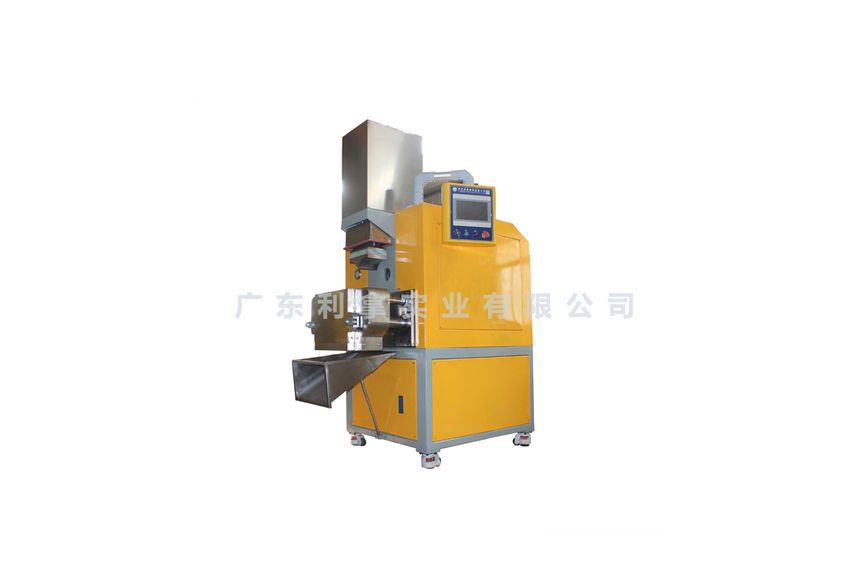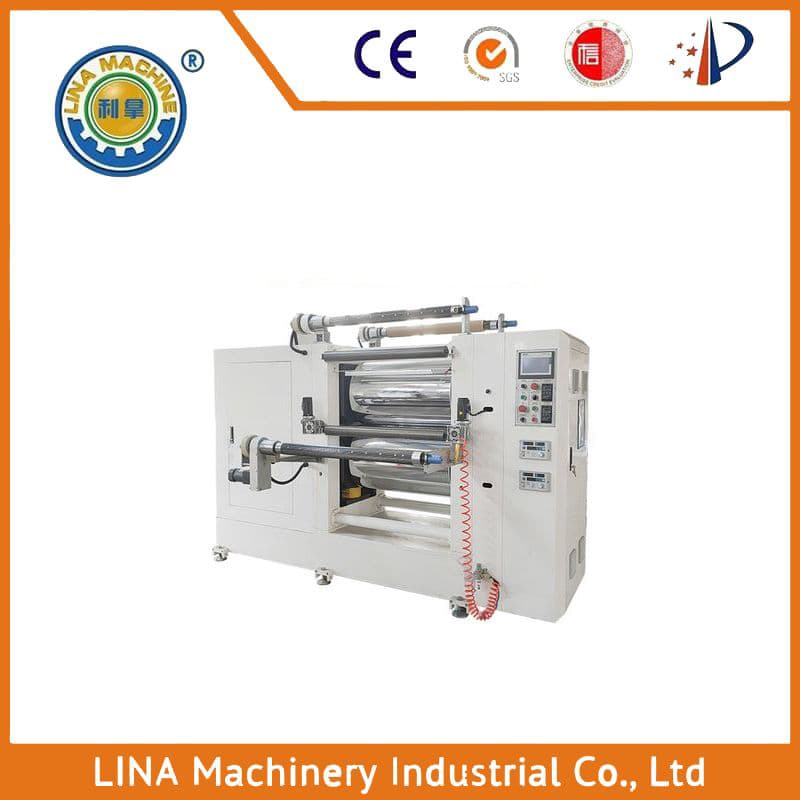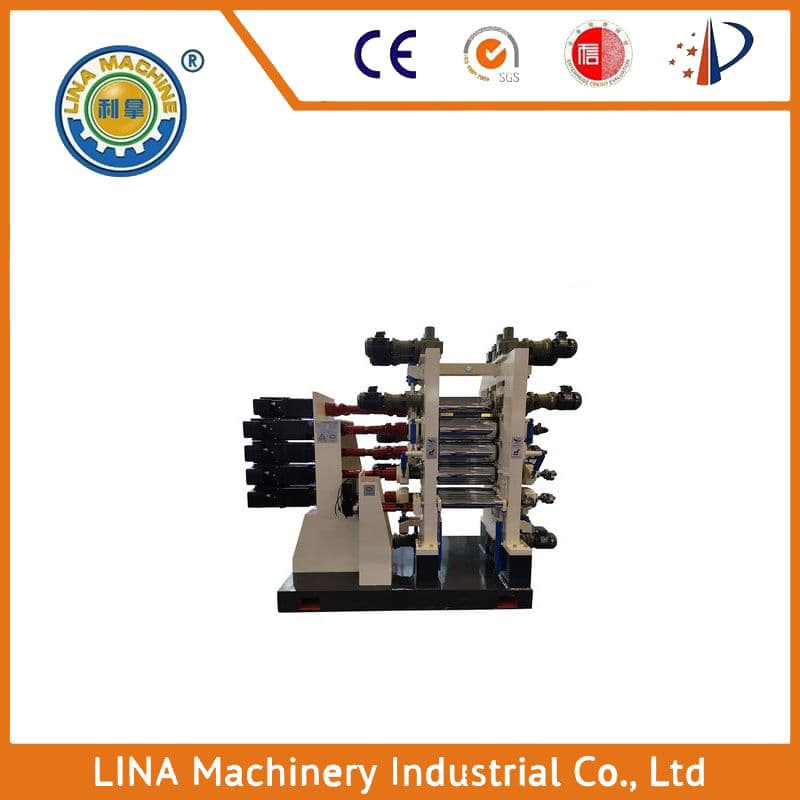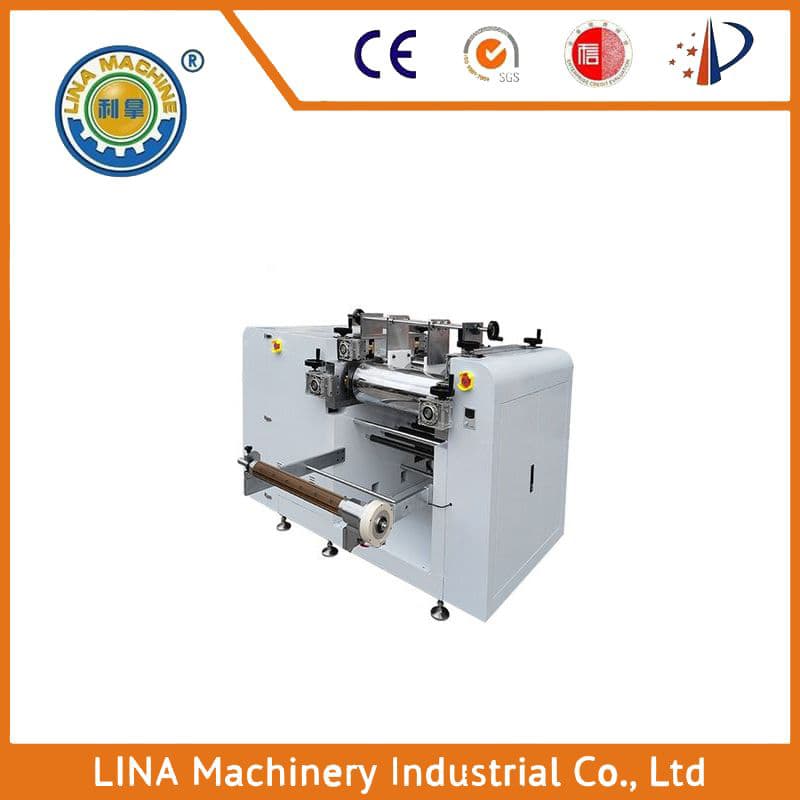The Role of Powder Metallurgy Open-Close Cylinder Mixing Machines in the Manufacturing Industry
In the manufacturing industry, powder metallurgy open-close cylinder mixing machines play a crucial role in the production process. These machines are used to mix and compact materials such as metal powders, alloys, and ceramics into desired shapes and sizes. They are essential tools for various industries, including automotive, electronics, and aerospace, where high precision and consistency are required.
The open-close cylinder mixing machine is a versatile tool that can be customized to meet the specific needs of different industries. It has a wide range of features, including adjustable speed, temperature control, and pressure settings, which enable it to handle a variety of materials and processes. The machine's design allows for easy cleaning and maintenance, making it a cost-effective investment for any manufacturing facility.
One of the key advantages of powder metallurgy open-close cylinder mixing machines is their ability to produce high-quality products with minimal waste. By using advanced technology, these machines can achieve precise mixing and compaction, resulting in products with superior mechanical properties and reduced defects. This not only improves product quality but also saves time and resources, ultimately leading to increased efficiency and profitability for manufacturers.
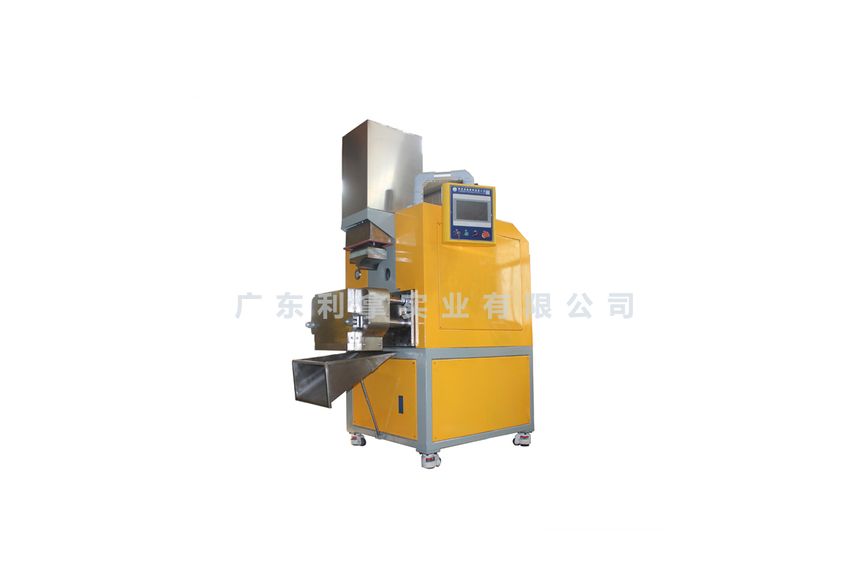
Another significant benefit of powder metallurgy open-close cylinder mixing machines is their ability to process a wide range of materials. These machines can handle a variety of metal powders, alloys, and ceramics, allowing manufacturers to tailor their products to specific requirements. This flexibility ensures that manufacturers can quickly adapt to changing market demands and stay ahead of the competition.
In conclusion, powder metallurgy open-close cylinder mixing machines are an essential tool for the manufacturing industry. With their ability to produce high-quality products, minimize waste, and process a wide range of materials, they have become a popular choice among manufacturers worldwide. As the demand for precision and consistency continues to grow, these machines will continue to play a vital role in shaping the future of the manufacturing industry.
